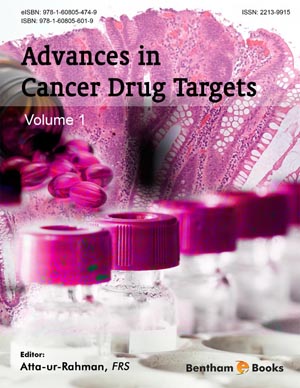Abstract
Induction of immune responses against cancer-associated antigens is possible, but the optimal use of this strategy remains to be established and especially the combination of T cell therapy and new targeted therapeutic agents should be investigated. The design of future clinical studies has to consider several issues. Firstly, induction of anticancer T cell reactivity seems most effective in patients with low disease burden. Initial disease-reducing therapy including surgery, irradiation and conventional or new targeted chemotherapy should therefore be used, preferably through induction of immunogenic cancer cell death. Secondly, after the induction phase effector T cells will induce cancer cell apoptosis mainly through the intrinsic apoptosis-regulating pathway. The effect of this effector T cell function should be strengthened by administration of chemotherapy that mediates additional proapoptotic signalling through the external apoptosis-regulating pathway, inhibition of survival signalling or blocking of anti-apoptotic signalling. Thirdly, the status of the immune system has to be considered, including the postchemotherapy CD4+ T cell defect, the balance between proinflammatory and immunosuppressive T cell subsets (e.g. regulatory T cells versus Th17 cells), and immunoregulatory mesenchymal cells that can be detected within tumors. Immunotherapy should probably be initiated early after disease-reducing therapy when the cancer cell burden is lowest and a focus should then be to alter the balance in favour of proinflammatory T cell subsets. All these issues need to be considered in the design of future clinical studies combining chemotherapy and immunotherapy.
Keywords: Cancer, T cells, Apoptosis, Immunotherapy, Chemotherapy, Allogeneic stem cell transplantation.














